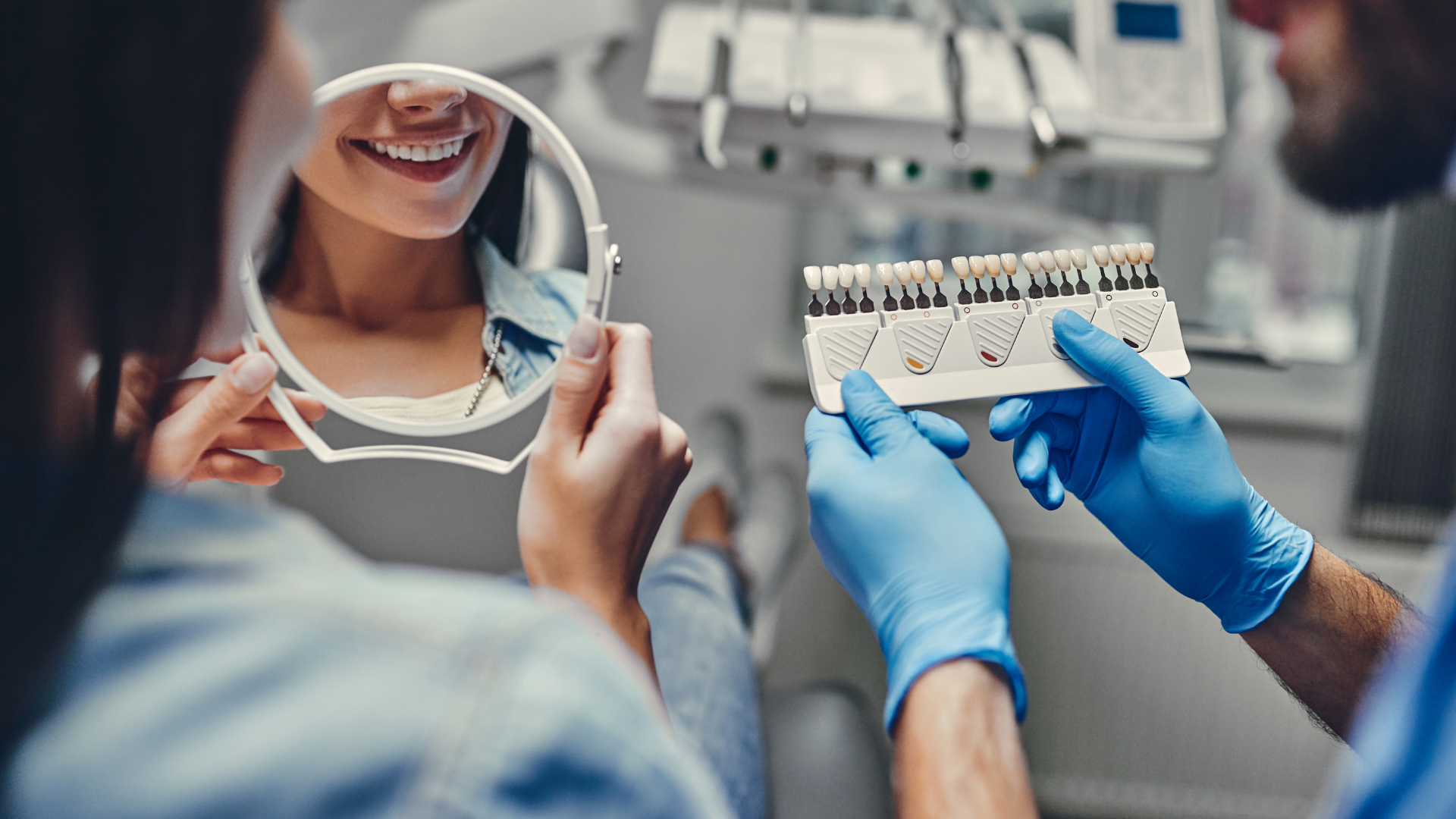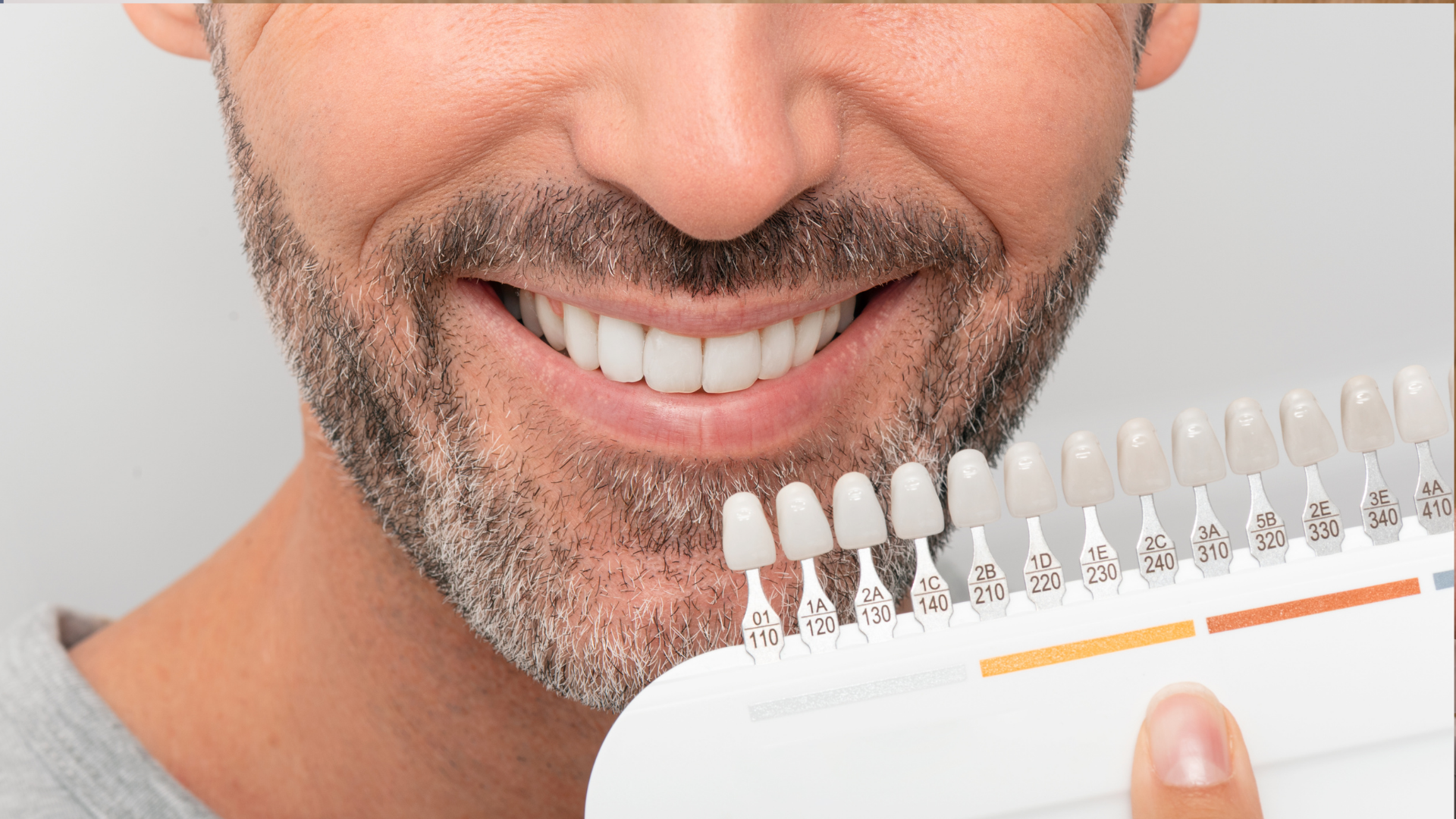Professional Teeth Cleaning
Professional Teeth Cleaning: Exploring Its Benefits and Frequency
A radiant smile is one of our most striking features, and behind every bright smile is a solid oral hygiene routine. While daily brushing and flossing are fundamental, they are only part of the equation. For truly comprehensive oral health, professional teeth cleaning plays a pivotal role.
This routine dental procedure, carried out by skilled dental hygienists, helps keep our teeth gleaming, our gums healthy, and our overall oral health in check. Professional teeth cleaning can reach the nooks and crannies of our dental anatomy that daily home care might miss, ensuring a thorough cleanliness that's critical to preventing oral health complications.
So, let's delve deeper into the importance of this often underappreciated dental procedure, and discover how professional teeth cleaning forms an essential part of our dental health landscape
Benefits of Professional Teeth Cleaning
The significance of professional teeth cleaning stretches far beyond a sparkling smile. Here are some critical benefits that make it an indispensable component of oral health maintenance.
Plaque and Tartar Removal: Despite our best efforts, daily brushing and flossing can still leave traces of plaque, which can harden into tartar over time. Once formed, tartar is impossible to remove with regular brushing. During professional cleanings, dental hygienists use specialized tools to safely and effectively remove this build-up, preventing tooth decay and cavities.
Prevention of Gum Disease: Tartar build-up is a leading cause of gum disease, a condition that can lead to pain, gum recession, and eventual tooth loss. Regular professional cleanings help to stave off gum disease by keeping plaque and tartar in check.
Oral Cancer Detection: Routine dental cleanings also involve oral cancer screenings. Your dental hygienist and dentist are trained to spot early signs of oral cancer, which is highly treatable if detected early. Regular check-ups and cleanings, therefore, are not only about maintaining oral hygiene, but they also provide a crucial line of defense in safeguarding your overall health.
These advantages highlight why professional teeth cleaning is not a luxury, but rather a necessity - an investment in our long-term health, well-being, and of course, our smiles.
Frequency of Professional Teeth Cleaning
The general rule of thumb for teeth cleanings, widely endorsed by dental professionals, is twice a year or every six months. This frequency is typically sufficient for maintaining optimal oral health in most individuals.
However, it's important to note that everyone's oral health needs are unique and can change over time due to various factors. For instance, certain individuals are considered high-risk patients and may need professional cleanings more frequently.
High-risk groups include those with a history of gum disease or cavities, diabetics, smokers, and people with a weakened immune response to bacterial infection. Pregnancy can also necessitate more frequent dental cleanings due to hormonal changes that can affect gum health. For such individuals, dental professionals often recommend quarterly cleanings, or even more often in some cases.
Moreover, certain life stages or situations may require temporary changes to your dental cleaning frequency. These include orthodontic treatment phases, where food and bacteria can more easily hide in the braces and wiring, necessitating more frequent cleanings.
The bottom line is that while twice a year serves as a general guideline, the ideal frequency of professional teeth cleaning should be determined in consultation with your dentist or dental hygienist based on your individual risk factors and oral health status.
Gum Disease: A Closer Look and Its Prevention
Gum disease, also known as periodontal disease, is a chronic inflammatory condition affecting the gums and supporting structures of the teeth. It begins as a relatively harmless bacterial growth called gingivitis but can progress to a more severe condition known as periodontitis if left untreated.
Gingivitis, the early stage of gum disease, is characterized by redness, swelling, and bleeding gums during brushing or flossing. If not addressed, gingivitis can evolve into periodontitis, which results in the gums pulling away from the teeth, creating pockets that become infected. Over time, these infections can lead to the destruction of gum tissue and bone, leading to tooth loss.
Beyond the oral cavity, gum disease has been linked to several systemic health conditions, including heart disease, diabetes, respiratory diseases, and even certain types of cancer. The inflammation in the gums can spread through the bloodstream, contributing to inflammation in other parts of the body and potentially exacerbating these health conditions.
Professional teeth cleaning plays a pivotal role in preventing gum disease. By regularly removing plaque and tartar – the primary culprits behind gum disease – dental cleanings can keep your gums healthy and disease-free. Additionally, dental hygienists can identify early signs of gum disease that may be missed at home, enabling early intervention and preventing further progression.
It's also essential to remember that effective gum disease prevention extends beyond the dental office. Regular brushing, flossing, and maintaining a healthy lifestyle complement professional cleanings in keeping gum disease at bay.
Thus, professional teeth cleaning, combined with good oral hygiene habits, forms a powerful duo in the battle against gum disease.
Role of Dental Hygienists: Educating for a Brighter, Healthier Smile
Dental hygienists wear many hats, from conducting cleanings to screening for oral health conditions. However, one of their most crucial roles is that of an educator. They have the vital task of guiding patients towards healthier oral hygiene habits and preventing disease.
A significant part of every cleaning appointment involves providing patient education. Dental hygienists take the time to discuss and demonstrate proper brushing and flossing techniques, ensuring patients are equipped with the knowledge to effectively remove plaque at home.
In addition to these practical demonstrations, dental hygienists also educate patients about the relationship between diet and oral health, advising on foods and drinks that can help maintain strong, healthy teeth, and those that can cause harm. They also provide advice on quitting tobacco and managing alcohol consumption, both of which can drastically impact oral and overall health.
Dental hygienists are also trained to recognize signs of oral health conditions like gum disease and oral cancer. They educate patients about these conditions, their risks, and the importance of early detection, empowering them to take proactive steps towards prevention.
Moreover, dental hygienists help patients understand the procedures and treatments they might undergo, making the dental experience less daunting. They play a vital role in alleviating dental anxiety, which can often be a barrier to seeking dental care.
In essence, dental hygienists are the educators of the dental world. Through their dedicated patient education efforts, they not only promote healthier oral hygiene habits but also foster a better understanding of how oral health impacts our overall well-being.
Conclusion
In the pursuit of optimal oral health, regular professional teeth cleaning is as essential as daily brushing and flossing. It is an investment that pays dividends in the form of a healthier, brighter smile, and a robust defense against oral diseases. It also fosters a deeper understanding of our oral health, equipping us with the knowledge we need to maintain healthy teeth and gums.
Remember, your dental team is your partner in this journey. The expertise and guidance they offer, from hygienists teaching proper oral hygiene techniques to dentists providing thorough oral health evaluations, are invaluable assets in maintaining your oral and overall health.
So, why wait? Take a proactive step for your oral health today. Schedule your professional teeth cleaning session, and embark on a path to a healthier, brighter smile. Because when it comes to your oral health, every bit of care matters. Remember, a healthy mouth is a gateway to a healthy body.



